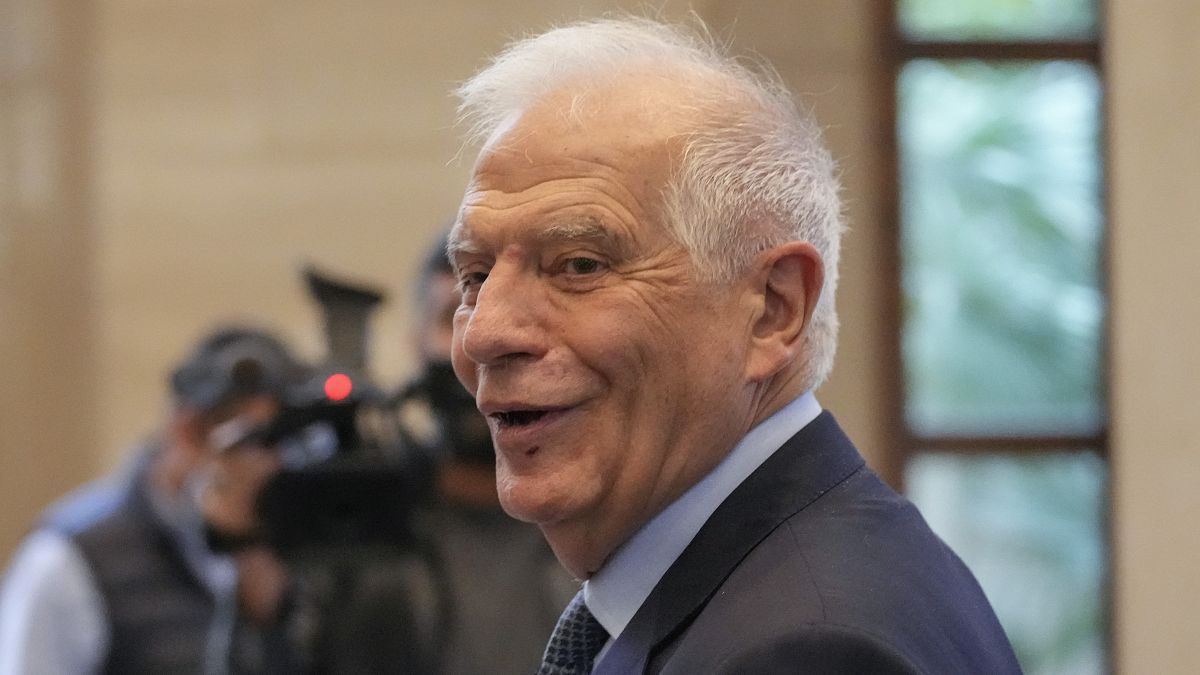Key Points:
- The Government has announced a new National Infrastructure Agency will be established on December 1.
- Infrastructure minister Chris Bishop said the agency would act as the Crown’s “shopfront” to receive unsolicited proposals and facilitate private sector investment in infrastructure.
- The Government also announced that work is underway to develop a “30-year national infrastructure plan”.
A new National Infrastructure Agency will be established later this year, and work is underway to develop a 30-year infrastructure plan, Infrastructure Minister Chris Bishop said today.
The NIA will be launched on December 1 and aims to allow more access to capital for infrastructure and strengthen the Government’s private finance and commercial capability.
In a statement released this morning, Bishop said the agency would act as the Crown’s “shopfront” to receive unsolicited proposals and facilitate private sector investment in infrastructure.
It would partner with agencies and local government on projects involving private finance, administer central government infrastructure funds, and continue the work of Crown Infrastructure Partners (CIP).
“The NIA will help facilitate private capital into New Zealand’s infrastructure to help close our infrastructure gap faster,” Bishop said.
“So, if the private sector wants to propose a project or is looking to invest in New Zealand infrastructure – the NIA will be open for business very shortly.”
He said there was a “clear capability gap” inside Government when it came to utilising private finance, alternative funding, and complex procurement models like build-operate-transfer models, Public Private Partnerships, developer levies, beneficiary levies, value uplift mechanisms, and value capture mechanisms.
“The NIA will now provide that expertise and commercial capability and will work by deploying expertise into agencies that are working on projects that include one or more of these arrangements.”
Cabinet decided that Crown agencies and entities would be mandated to partner with the agency on all projects that could involve private financing, alternative funding, or complex procurement.
The NIA will also administer central government infrastructure funds. Currently, CIP administers around 10 funds, but Bishop said: “We will explore the NIA doing more in this space once we complete our review of all existing grants and funds across government.”
“As part of its administration of central government infrastructure funds, the NIA will connect infrastructure investors to relevant funds to avoid missed investment opportunities and will ensure the process for private investment in Crown projects is transparent, consistent, and efficient,” Bishop said.
The new agency is expected to employ around 60 people in 2025. It will have a budget for base operating expenditure of around $26m. There will be $5m in establishment funding.
“Establishing the NIA is a part of broader work to simplify and reorganise the Crown’s central infrastructure system. The public sector infrastructure system is confusing and contains duplication and inefficiency,” Bishop said.
The Government will also clarify the roles and responsibilities of other parts of the Crown’s infrastructure system.
From December 1, the Infrastructure Commission will retain its role as the Government’s independent strategic adviser on infrastructure matters with a focus on long-term strategy.
30-year plan
Alongside the new agency, the Government also announced that work is underway to develop a “30-year national infrastructure plan” – something which National campaigned on.
The plan aims to outline New Zealand’s infrastructure needs over the next 30 years, planned investments over the next 10-15 years, and “recommendations on priority projects and reforms to fill the gap between what we have now, what we will have soon, and what we’ll need in future”.
The plan will be announced in December of next year and will consist of four components.
- An Infrastructure Needs Assessment which provides analysis of New Zealand’s long-term needs – and what we can afford – across the next 5-30 years
- A strengthened National Infrastructure Pipeline which will provide a national view of upcoming projects in the next ten years
- The Infrastructure Priorities Programme (IPP) which will involve a structured independent review of unfunded projects and initiatives, and
- Priority reforms, which will improve the way we select, invest in, deliver and maintain our infrastructure.
Bishop said to build stability, the infrastructure spokespeople from each party will be briefed by the Infrastructure Commission every six months on the plan’s development.
“I will also write to Parliament’s Business Committee asking that we hold an annual special debate on the National Infrastructure Plan. While this debate won’t change the contents of the plan, because it is independent, it will show areas where Parliamentary parties agree, where we don’t, and where there is room to compromise in the best interests of New Zealanders.











